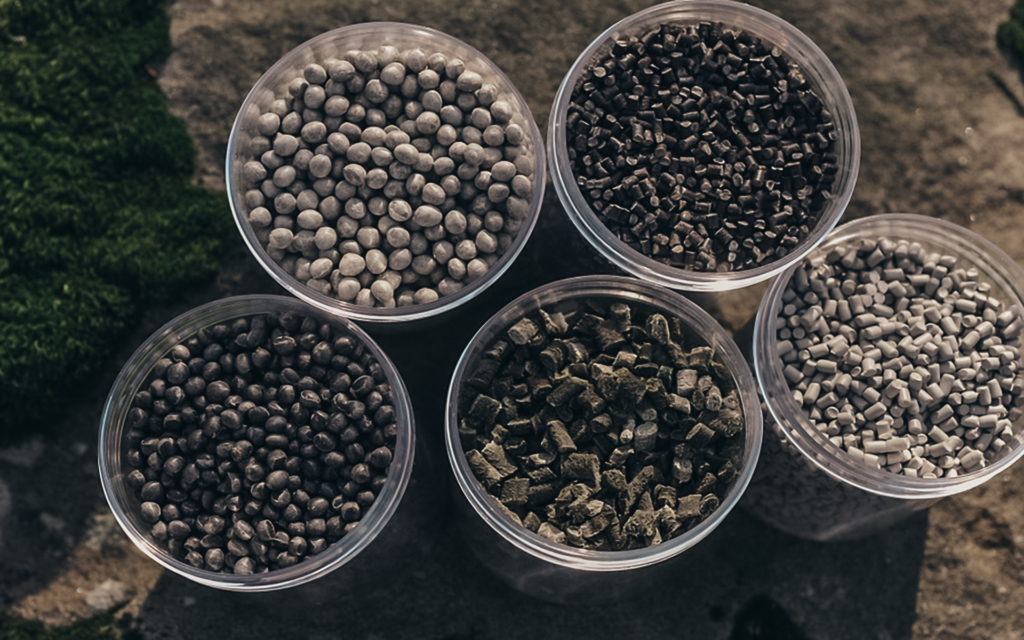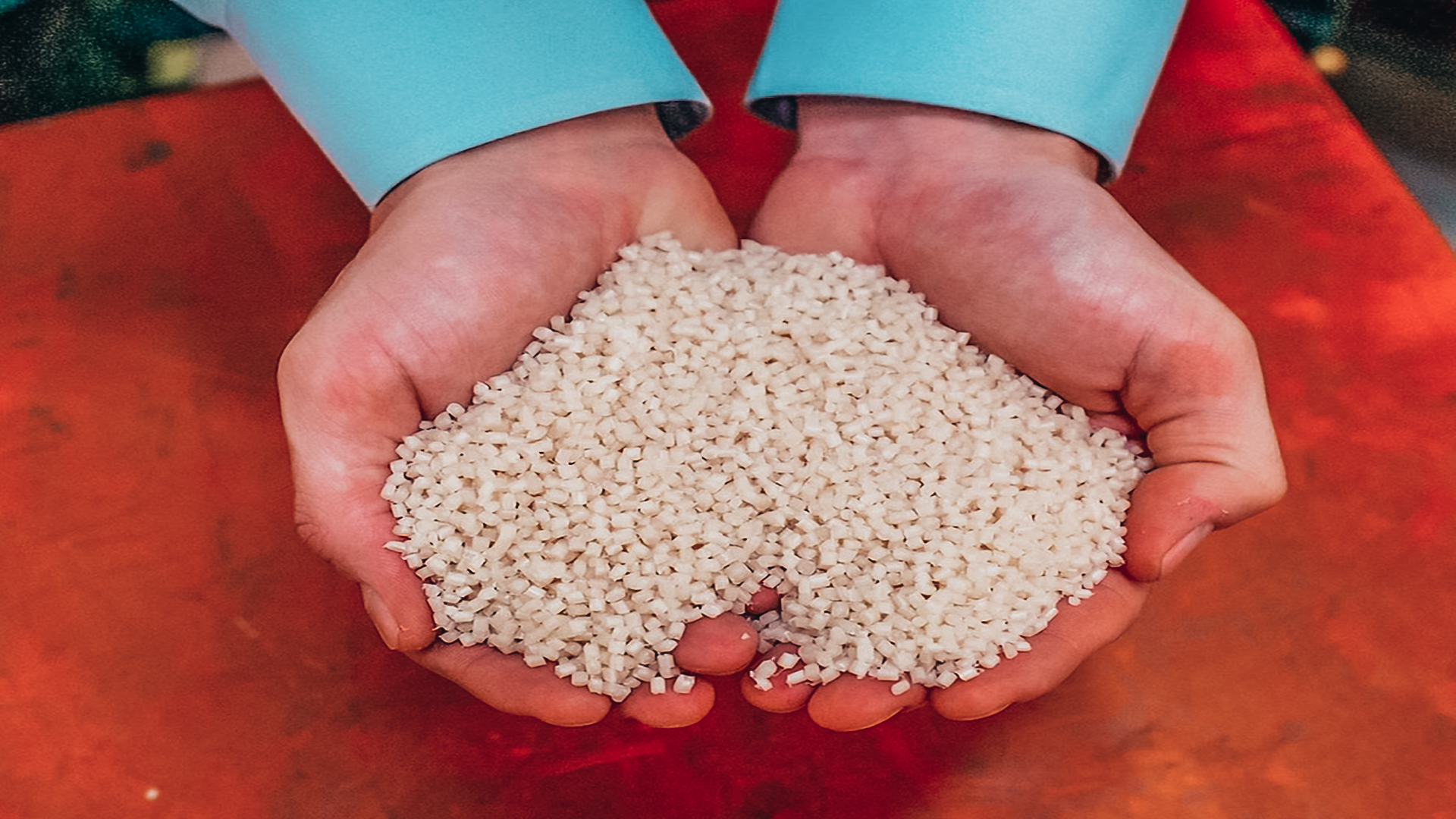In the third week of July in 2022, the search term ‘global warming’ jumped 533% in the UK. The 19 th of July was the hottest day that the nation had experienced on record, with 40.3C verified by the Met Office in Coningsby, England. We experienced the temporary closure of railways announced by companies such as Network Rail and LNER was shortly followed by the suspension of flights from several airports due to runways being ‘melted’: similar issues of roads being impassable due to these extreme temperatures ground much of the UK to a halt.

The cause of this record-breaking heatwave has been widely acknowledged as
anthropogenic climate change. As humans remain reliant on fossil fuels for energy and plastic, as well as deforestation for purposes of logging, farming, and urbanisation, the levels of CO2 and methane within the atmosphere continue to rise rapidly. With the concentration of CO2 in the Earth’s atmosphere currently at 412ppm, representing an 11% increase from the year 2000, and a whopping 47% increase from the beginning of the Industrial Revolution, the alarming levels of this greenhouse gas that is responsible for 80% of global warming is something that many governments, charities, think tanks and private companies are hoping to rectify as the incurring damage becomes increasingly irreversible.
Carbon negative plastic is being increasingly heralded as an exciting and important way for climate-change mitigation to be achieved. Made from renewable resources, carbon-negative plastics capture and store more carbon than they emit during their production and use. They become carbon sinks, trapping atmospheric CO2 and preventing it from warming up the atmosphere. Such technology is vital in allowing people to continue to use plastics across everyday and industrial life. But in a climate-conscious manner that utilises principles of recyclability and renewability. Here are some key examples of companies transforming plastic into an eco-friendly product.
Aircarbon
Made by the California-based company Newlight Technologies, Aircarbon is a biodegradable plastic produced by converting methane, a greenhouse gas, into a thermoplastic material.
Capturing carbon-based methane emissions from sources like landfills, wastewater
treatment plants, and farms, Newlight Technologies feeds methane into a reactor that converts it into a plastic through a polymerisation reaction. The resultant polymer is then purified and processed into various products such as packaging materials, straws, and cutlery, all of which are biodegradable.
Reducing the abundance of single-use plastic, the polymerisation process used by Newlight Technologies achieves this conversion of a potent greenhouse gas into a biodegradable plastic without the use of petrochemicals or other non-renewable resources. Such technology represents a promising solution to the problem of both single-use plastic waste, as well as the greenhouse gas impact associated with methane emissions, and so has the potential to revolutionise the way we produce and consume plastics.

Avantium
Founded in 2000, Avantium is a Dutch company that produces a biodegradable plastic made from plant-based sugars. Its effort is to curb greenhouse gas emissions and promote a circular economy of plastics.
The company’s development of polyethylene furanoate (PEF), a plastic made from plant-based sugars that is biodegradable in both industrial and home composting conditions, is making waves across the renewable plastics industry for several reasons.
Firstly, PEF is 100% recyclable and biodegradable, meaning that it can be broken down naturally in the environment without leaving harmful residues. Secondly, PEF has superior barrier properties compared to other bioplastics. That makes it an ideal material for use in packaging and other applications where a high level of protection is required. Lastly, the production of PEF has far lower greenhouse gas emissions compared to traditional plastics made from petrochemicals, thus working to mitigate anthropogenic climate change.
These benefits are being widely used across industries such as packaging, textiles,
electronics, and personal care products, where PEF stands out as being a strong yet
sustainable alternative to plastic-based materials.
Earning numerous accolades including their CEO being recognised as the ‘Bioplastics Person of the Year’ Award, and the company winning the Best Disruptive Technologies Innovator Europe at CFI Magazine CleanTech Awards 2021, Avantium has positioned themselves as a trailblazer in the transition towards a more sustainable economy.

Algix
Algix is a Mississippi-based company founded over a decade ago that has become a leader in the production of bioplastics. It specialises in the development of sustainable polymer materials made from algae,
Harvesting algae from locations such as wastewater treatment plants, lakes and oceans, Algix first dries and mills the collected algae into a fine powder before extruding under high pression and temperature. This process forms a polymer chain, which is then pelletised to make handling and transportation easier. Finally, pellets are melted and molded into various shapes and products, from packaging materials to footwear.
Algix’s unique technology is helping to combat climate change through reducing the dependency on more polluting forms of plastic production. It reduces global dependencies on non-renewable resources as well as highlighting the potential of biomaterials that are on our doorstep. Moreover, the biodegradable nature of these biopolymers crucially is helping to curb the amount of waste produced from the single-use plastic industry. As such, Algix has demonstrated a unique and pioneering approach to the problem of plastics that is at the heart of climate change.

A Positive Plastic Future
The idea that we should get rid of plastics all together is an interesting, yet unobtainable thought. So many industries depend on plastic in ways that most of us fail to realise: applications in farming through greenhouse and mulch films; extensive uses across the healthcare industry in areas including syringes, IV bags, and catheters; and insulative purposes towards aerospace and interstellar exploration all demonstrate the wide versatility that plastics hold.
However, the movement towards carbon-negative plastics such as through the research and design conducted by the companies explored in this article is a crucial way in which humans’ dependency on plastics can be used towards an ultimate good, of reducing carbon-based emissions worldwide and promoting a renewable, circular plastic economy.





